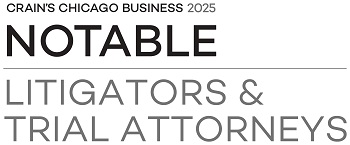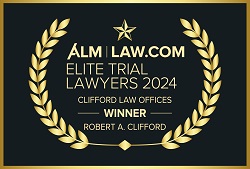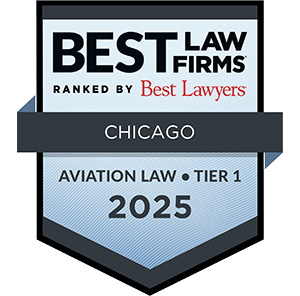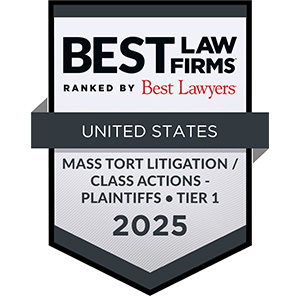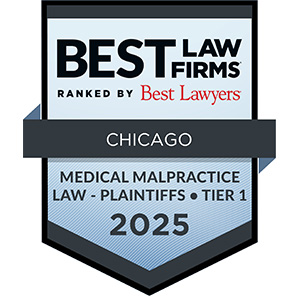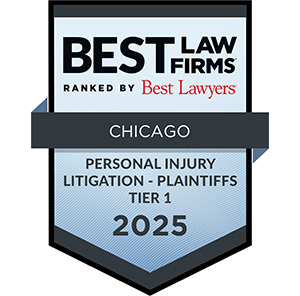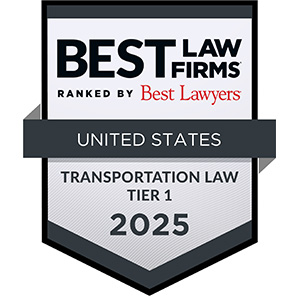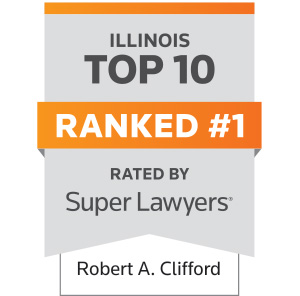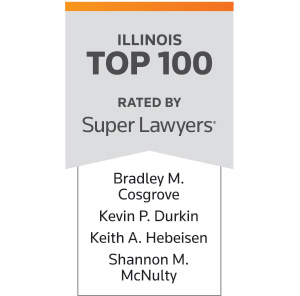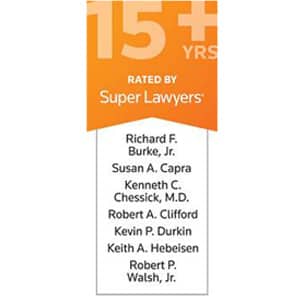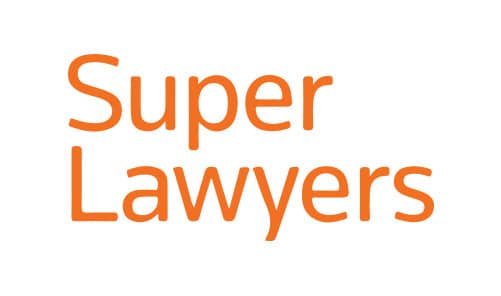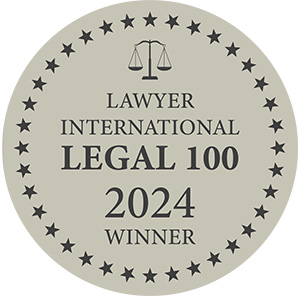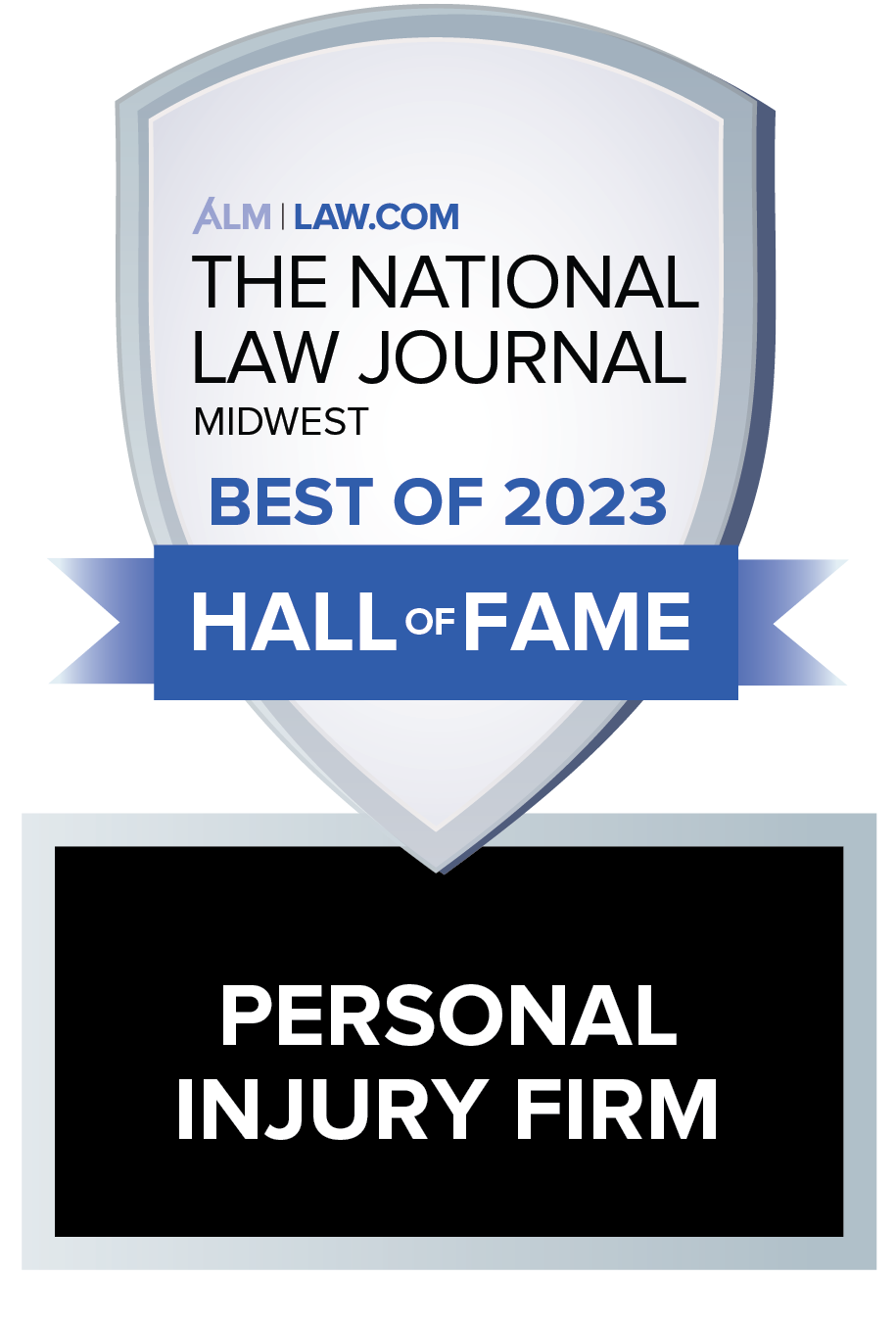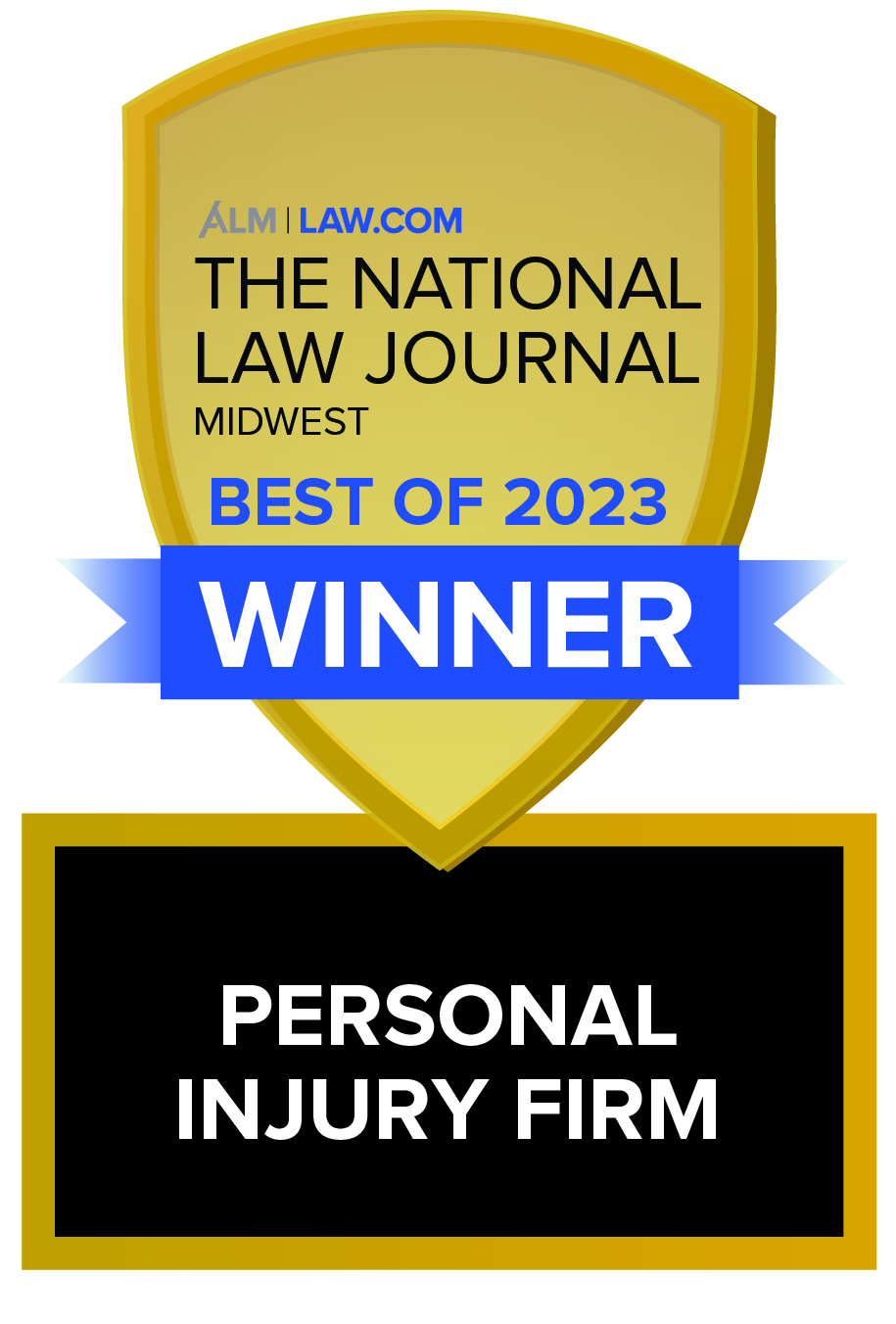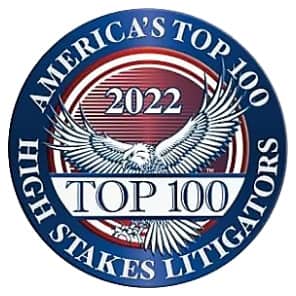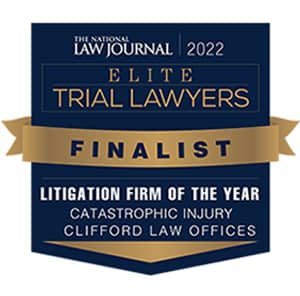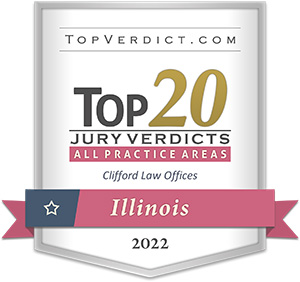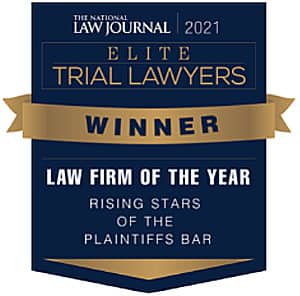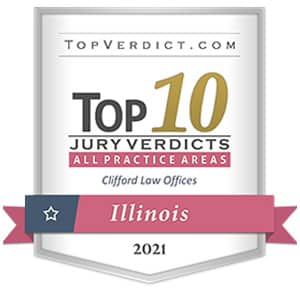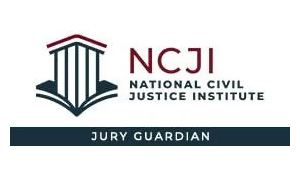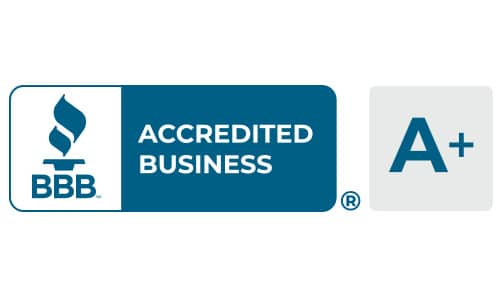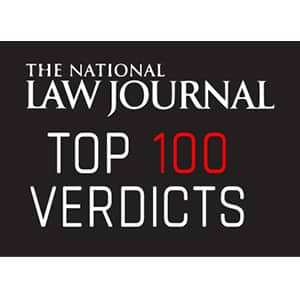General Questions
Q: What different kinds of aviation cases are there?
There are two general types of cases: (1) commercial aviation cases involving incidents on planes operated by airline companies who transport the general public for a fee – also known as common carriers; and (2) general aviation cases involving privately owned jets and other aircraft. In addition to claims against the owner or operator of the aircraft, these cases can also include claims against the manufacturer of the aircraft or its parts and components, and governmental entities like the Federal Aviation Administration (FAA) if the conduct of the air traffic controller contributed to the incident.
Q: Explain how commercial airline cases are handled?
In the United States, there is a small group of law firms experienced in handling commercial aviation cases – Clifford Law Offices being one of them. Normally, these cases involve many passengers whose claims are consolidated in one court for purposes of discovery. After discovery is completed, the cases are transferred back to where they were filed for trial. Usually the plaintiffs’ lawyers create a steering committee to lead the liability case and prepare it for trial. Clifford Law Offices has consistently been on that committee and has taken a leadership role in the commercial airline crash cases the firm has been retained in. The steering committee works in a coordinated manner to develop the liability case. The attorneys for each of the individual Plaintiffs are responsible for developing the damages component of each of their respective clients.
Q: How about general aviation cases? Are they handled differently than the commercial airline cases?
Yes, normally there are fewer plaintiffs, so the organization used in commercial aviation cases isn’t necessary. However, just like commercial aviation cases, deciding on the appropriate forum is crucial. Airplane cases are unique in that a plane could depart from one state, be destined for a second state, but crash in a third state. Issues such as what damages are recoverable, the length of the statute of limitations, and what possible defenses exist differ from state to state. It is very important to understand the laws of the different potential venues before deciding where the best place is to file the lawsuit. Additionally, in a general aviation case, a team of experts is needed. Clifford Law Offices knows experts in every field who need to be hired to investigate the case immediately so that we can analyze the best possible venue and theory for the case.
Q: Can you explain what is meant when the term “black box” is used?
There are two “black boxes” (they are actually orange so investigators can spot them more easily). The first is the cockpit voice recorder, which records all of the conversations in the cockpit typically in the last 30 minutes of flight. The public has never heard a cockpit voice recorder play-back tape because it’s illegal to play on TV or the radio, but you can read transcripts of them prepared by the National Transportation Safety Board as part of the investigative process. When you hear recordings on the news of a crash, you’re hearing the pilot communicating with the air traffic controller. The cockpit voice recorder (CVR) captures all the sounds and conversations in the cockpit. Accident reconstruction experts rely on those sounds and conversations to know what’s actually going on in the cockpit in the last 30 minutes of the flight or longer. The second “black box” is called the digital flight data recorder, (FDR), which preserves the recent history of the flight through the recording of dozens of parameters of the aircraft. By regulation, new aircraft must monitor at least 88 important parameters such as time, altitude, airspeed, landing, and aircraft attitude. Some FDR’s can record up to 1,000 other flight parameters. This provides valuable information to experts on almost every system in the aircraft. Most general aviation aircraft do not have “black boxes”. All aircraft have transponders which emit signals to radar. This can be invaluable in reconstructing the flight path of the aircraft.
Q: What type of damages can be recovered in an aviation accident?
The damages the plaintiff can recover are normally the same as what a plaintiff involved in a car/truck/railroad accident would be entitled to. However, what is recoverable varies depending on what the applicable law permits recovery for. It’s important to hire a lawyer who is experienced in determining which state is the best for you or your family in order to maximize your damages and recovery potential. An early, thorough analysis of all potential venues is vital.
Q: When is the best time to hire a lawyer if I or a loved one are involved in an aviation crash?
You should retain a specialized, experienced aviation attorney right away. The insurance company for the airline or private aircraft owner and any other potential defendant are investigating the crash immediately; their mission is to limit their exposure and your damages. You need to retain someone quickly so you can focus on your family, and let that attorney focus on investigating on your behalf. The longer you wait, the greater the chance that important evidence could be lost. Clifford Law Offices has investigators who are able to mobilize quickly and has the resources and experience necessary to take action to prevent the loss of important evidence.
Q: If we lose a loved one or I am injured in an air crash, who can potentially be held responsible?
Airplane crashes can involve multiple issues such as pilot error, poor training, incorrect weather information, Federal Aviation Administration (FAA) air traffic control errors, improper aircraft maintenance, or a design defect in the aircraft or its component parts. Many crashes have more than one cause. Determining who is responsible requires a thorough investigation and analysis.
Governmental Agencies Involved/Laws Governing Aviation Crashes
Q: What is the NTSB and what does it do?
The NTSB (National Transportation Safety Board) is a federal agency charged by Congress with investigating every civil aviation accident in the United States as well as significant accidents in other modes of transportation – railroad, highway, marine, and pipeline. Their mission is to promote transportation safety by conducting objective, precise accident investigation and safety studies; issuing safety recommendations; and assisting victims of transportation accidents and their family. For major investigations, the NTSB has a “Go Team” of multiple technical experts that begins the investigation of a major accident at the accident scene as quickly as possible. The “Go Team” includes individuals whose specialties and responsibilities are airplane operations, structures, power plants, systems, air traffic control, weather, human performance, and survival factors. In a general aviation accident, often times only one investigator is assigned to handle the investigation. After its investigation is completed, the NTSB determines the probable cause of a transportation accident.
Q: Should we wait for the NTSB investigation to be complete?
While the NTSB investigates an occurrence, family members are not permitted to be a part of the investigation. It is important to have a lawyer with knowledge and experience in aviation crash cases as well as the experts they retain available to better explain the process and findings along the way. Additionally, the NTSB may not complete their investigation within the time-frame in which an action can be filed in a court of law.
Q: Is the NTSB’s Probable Cause report admissible in court?
The actual conclusions of the NTSB are not ordinarily admissible in court. But its investigation provides important information for the litigation. The information they collect and generate becomes what is known as the public docket.
Q: What is the FAA?
The FAA (Federal Aviation Administration) is different from the NTSB. It is not an independent organization; it is an agency of the United States Department of Transportation. Its mission is to regulate and oversee all aspects of civil aviation in the United States. The FAA sets standards for pilot training, aircraft construction and maintenance. It also is responsible for air traffic control.
Laws Impacting Aviation Litigation
Q: Can you explain how Federal Tort Claims Act cases against the government are handled?
A lawsuit against the federal government is governed by a statute known as the Federal Tort Claims Act. To pursue a claim under that statute, you must first file a claim form known as “Form 95” explaining your basis for wanting to sue the government and providing a demand an amount of money that you are claiming. You can’t file a lawsuit until the government denies the claim – it’s a condition precedent to filing a suit. Unlike a regular tort case, you have no right to a jury trial in cases governed by the Federal Tort Claims Act. The case is tried before a federal judge, who decides the case.
Q: Can you explain what the Montreal Convention is?
If you or a loved one are injured or killed on an international flight (or even a domestic flight that is part of your international itinerary), your rights are governed by a treaty known as the Montreal Convention. That treaty limits if and what kinds of damages you can recover and sets deadlines that you must meet in order to recover anything. As an example: If you are traveling from the United States to any country in Europe, the carrier is responsible for only 113,000 Special Drawings Rights (a European measure of currency that comes to about $138,000). You can recover more than that amount unless the carrier can show it was free of negligence or some other person/entity was 100% at fault.
Q: Please explain the General Aviation Revitalization Act?
This statute (known as GARA) applies to general aviation cases. It was enacted in 1994 to protect the manufacturers of general aviation aircraft. GARA generally bars lawsuits against a manufacturer of an aircraft that’s more than 18 years old. However, there are exceptions: aircraft that have been modified within 18 years and negligent maintenance claims are exempted.
Q: What is the statute of limitations for an aviation case?
There are 50 different states, so you need to look at each state because the statute of limitations could be different. In Illinois, statute of limitations for a wrongful death case is two years. In several states, it’s one year. In some states, it’s three years. The Montreal Convention requires the case be filed within 2 years. In any type of aviation case, no matter where it happens, you should engage someone who is able to research each state’s law to make sure you are protected under that law and that any potential claim is filed in a timely manner.

